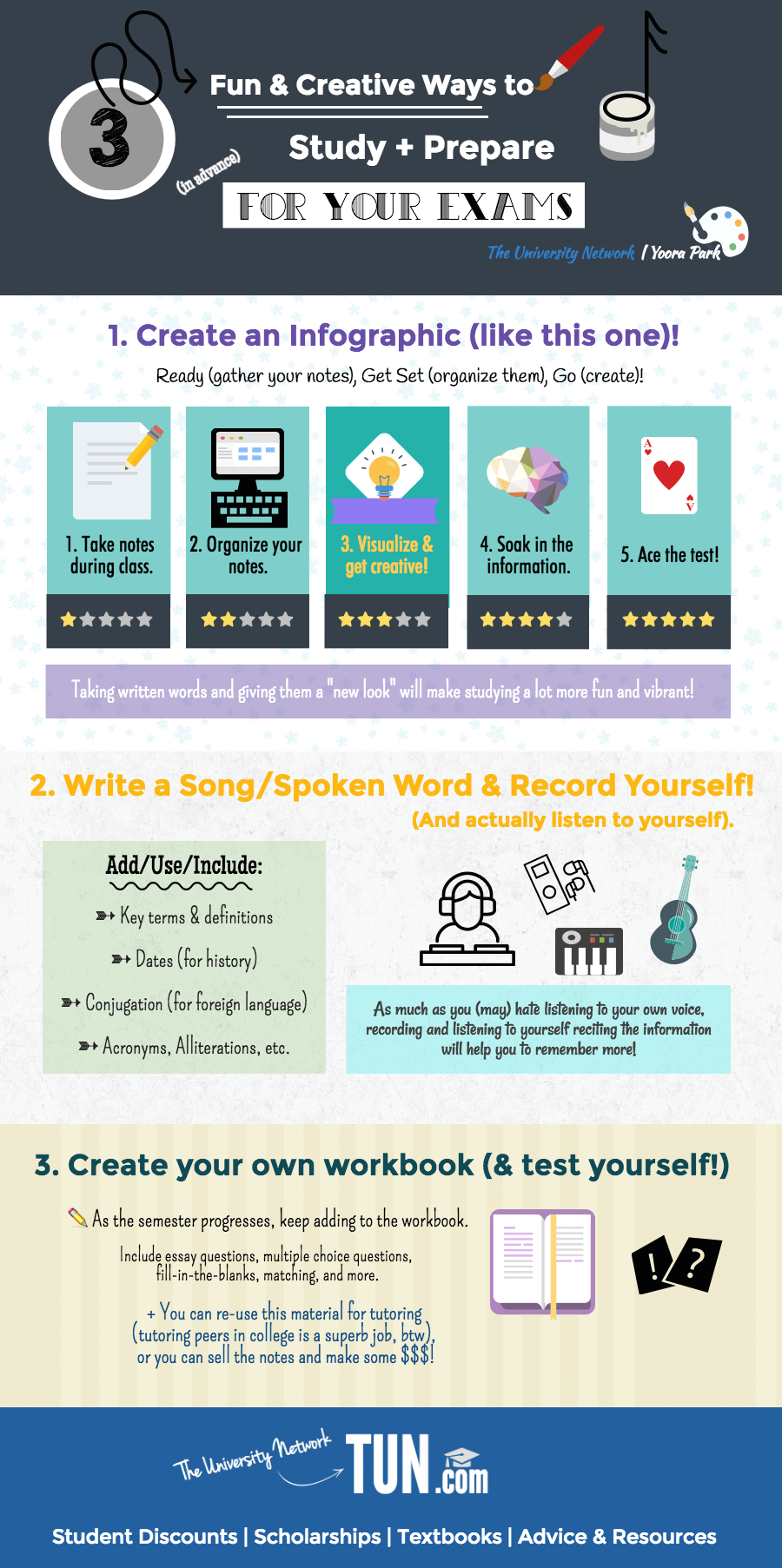Finals week is right around the corner, and stress levels are coming to a boil. Jaws are starting to clench and hair is getting messier by the minute. Coffee shops may love this time of year, but for most students, this is the week we dread. Finals are inevitable; it is just something we have learned to live with. But that doesn’t make it any less distressing.
The term “dead week” refers to the week leading up to finals. Most professors don’t assign very much work in hopes that their students will use that time to prepare for the final. Unfortunately, students are not using that time to study; the most common term searched during dead week is Netflix. Maybe it is time we start taking advantage of the break from quizzes, exams and papers.
Here are four tips to prepare yourself for finals week:
[divider]
1. Take your time
Procrastination and cramming – it’s a method we all have used. While sometimes it can amount to success, those who tend to get stressed have realized that it’s not always the best idea. Maybe it is time the professional procrastinators change their ways– or at least attempt to. Start early. Take advantage of dead week and study one chunk at a time. All-nighters are a college staple, but most times the only result is a zombified student falling asleep in the essay section. Taking advantage of an entire week and spacing out studies help students retain information and lower their stress. Take those 50 pages of notes for your cumulative biology exam and study 10 at a time. All of a sudden that exam isn’t quite as daunting.
[divider]
2. Take time to outline
Organization is key. Yes, even for those laid-back procrastinating types. The most efficient and effective way to organize is to outline. Outline your exam schedule, times to study, who you are going to study with, where you’re going to study, and stick to the plan. This will keep you well on pace and allow for some downtime without the uneasy anxious feelings that come from putting something off. This goes for notes too. Outlining notes and placing them in order of importance, and circling trouble areas to come back to, will help you retain information and make your study time more profitable. According to Time.com, it is important for students to “verify the details.” Although this should seem obvious, it is imperative to know the time and place of each exam. Exams are often in different rooms and at different times than the usual class.
[divider]
3. Take time for leisure
Whether it be sleeping, eating, playing a round of golf, or binging on Netflix, taking breaks can be very beneficial. Sleep deprivation, which is all too common on college campuses, significantly alters memory. Time.com warns students that “[f]atigued brains do not retain information, nor do they recall it well.” Exercise and fresh air help to relax the muscles and the brain. Now that spring is here, take some time to get outside and enjoy the turn of the season. Maintaining a healthy and active lifestyle can help reduce stress levels. Dead week can serve as some time to space out your studies, so you can go for a walk or throw a frisbee in between studies and exams in the week to come.
[divider]
4. Study efficiently
The best way to test your understanding of a topic is to explain it to someone else. Studying in groups, if the group stays on topic, is very rewarding. Compare notes and fill in empty gaps. You only truly know something when you can teach it. Rewrite notes and print hard copies. Writing with pen and paper, as well as having tactile notes, aid in grasping and memorizing difficult concepts. According to The Princeton Review, students should “[s]tudy in this order: a) definitely b) probably c) might be on the final.” Separate topics and don’t get stuck worrying about concepts that you most likely won’t be tested on. Time is precious, especially if you are a crammer, so use time to your benefit.
Studying is not gossiping with friends at your table, or scrolling through social media every time your phone rings. Silence your phone and put it in your pocket. Stay off social media and save it for leisure time. With professors turning to online study programs, such as Blackboard or TopHat, studying without a computer has become a time of the past. This means avoid all temptation and close your Facebook tab.
[divider]
Use dead week wisely
Finals week exemplifies the highs and lows of college. One week of misery is surrounded by a dead week and summer break. To lower stress levels and raise your GPA, spread the workload out. If you have a paper due on finals week, start working now. Don’t put it off and have writer’s block send you into an involuntary all-nighter. Take breaks and time for leisure. Turn your stress into confidence and push through. Unhinge your jaw and brush your hair, for soon we will all be rewarded with summer. (And here are 5 ways to better yourself and your career over summer break!)
[divider]
RELATED: 3 Fun and Creative Ways to Study for Exams
⇣⇣⇣




